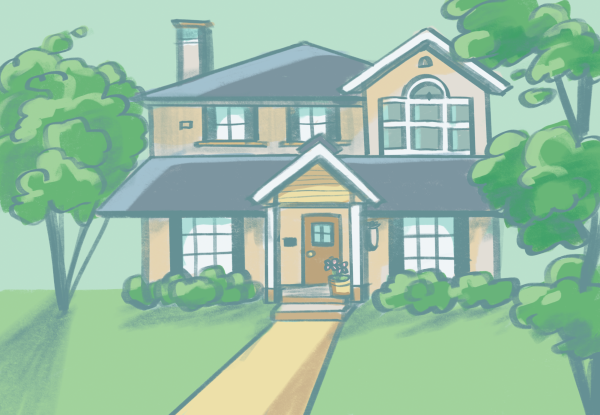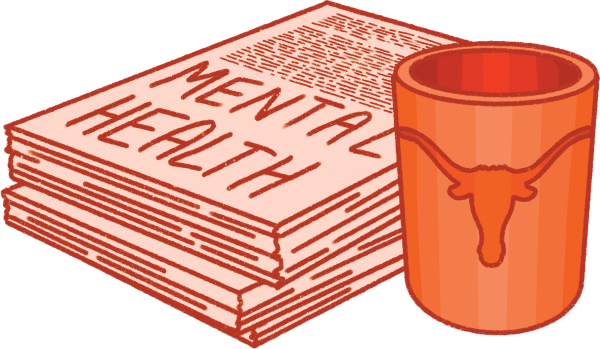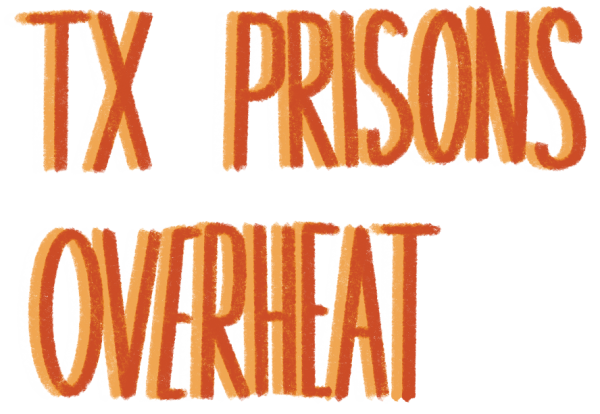Tesla Revs Up for Relocation: Effects of Austin Becoming a Tech Hub
December 17, 2021
For fans of the electric car revolution, it may be exciting to hear about the Tesla headquarters moving to Austin, in addition to the construction of a Tesla factory in Austin. This project could enable Tesla to produce upward of 500,000 cars per year according to Automotive News, and haul in roughly 10,000 new jobs for the area. Despite this, many have concerns for the city because it has caused housing prices to rise and increased the total cost of living beyond what is considered affordable for many citizens. Regardless of how advantageous the factory construction may be, its downsides heavily outweigh its benefits.
Tesla is a company that was founded in San Carlos, California, and was previously based in Palo Alto. This means that the company is used to operating in a Californian environment, where taxes are higher, the average cost of living is 50% greater than the U.S., and the median housing cost is $685,000, whereas the median house cost in Austin is $575,000. As a result, when Tesla moves its high-paying jobs from a state with a high cost of living to a relatively lower cost of living in Texas, those people with high-paying jobs now have a significant increase in the amount of money they can spend.
One consequence of this is the increase in housing prices. In an already competitive housing market such as Austin’s, buyers are willing to put in as much money as they can afford to obtain property in the location that they want to. Buyers coming from California with their salaries to compensate for higher living costs and their extra money from selling Californian homes have more than enough money to make irresistible offers for homeowners looking to sell. This has caused many homes to sell upwards of double the asking price, and on average, three out of four houses sold in the Travis county area have been sold at more than the asking price. Such reckless spending has caused property costs to rise by 40% in the past two years, which puts many homes out of reach of the majority Austin population, where the median salary is just above $50,000. There is no doubt that this increase in prices had been going on prior to the past two years, but Tesla’s move here could continue to fuel this problem and exacerbate its root causes.
Having a company as massive as Tesla build a factory and headquarters in Austin is something the city should be proud of. The environment and culture has tempted Tesla and other companies such as Apple, Amazon, Google, and Facebook to move a significant portion of their jobs and expenditure here, but it will ultimately cause problems for native Austinites. These companies attract people with high salaries to work in Austin, and though it is beneficial for them to come here to develop Austin, this will cause fierce competition that may cause locals to move to other cities or suburbs, for they simply cannot afford living here.
The influx of people to Austin can be beneficial, but if the city wants to continue developing properly, regulations need to be put in place so that nobody living in this city feels left out. The city can pass laws to regulate the price at which houses are sold compared to their actual value, so that they are not being bought at such unreasonable and competitive prices, which should decrease the rate at which house prices increase for the following years.
In addition, communities subsidized by large companies looking to buy land in Austin to build large business complexes should allow for cheaper housing to be available to those who want to work in the new locations. This means that the company doesn’t lose out on any capital or manpower due to shortened commute times, and allows most people in Austin to buy a genuinely affordable home, a win-win situation for all three parties involved. If changes like this were made, companies similar to Tesla moving their business to Austin can become an overall beneficial prospect rather than a burden to most.







